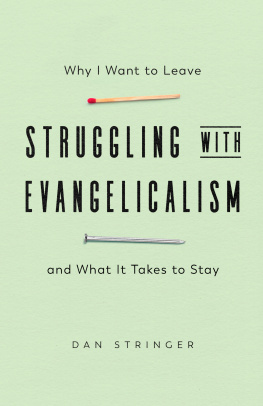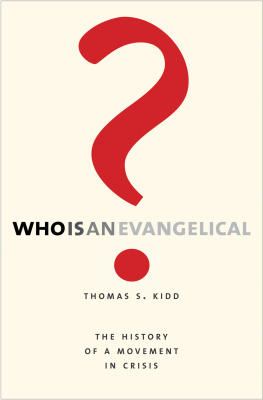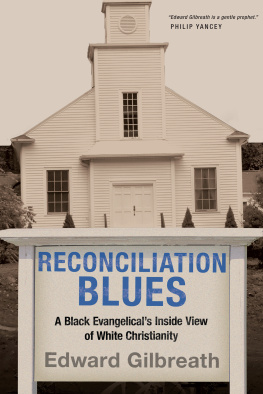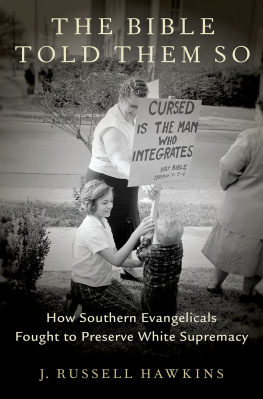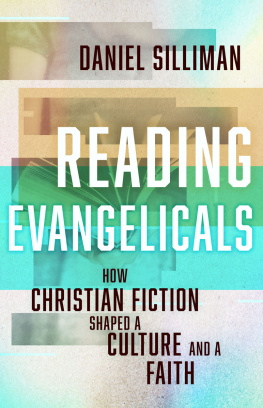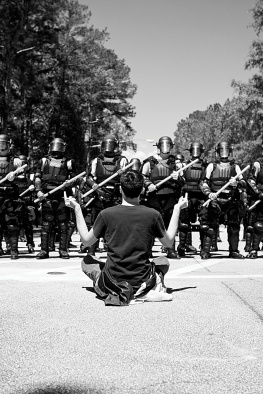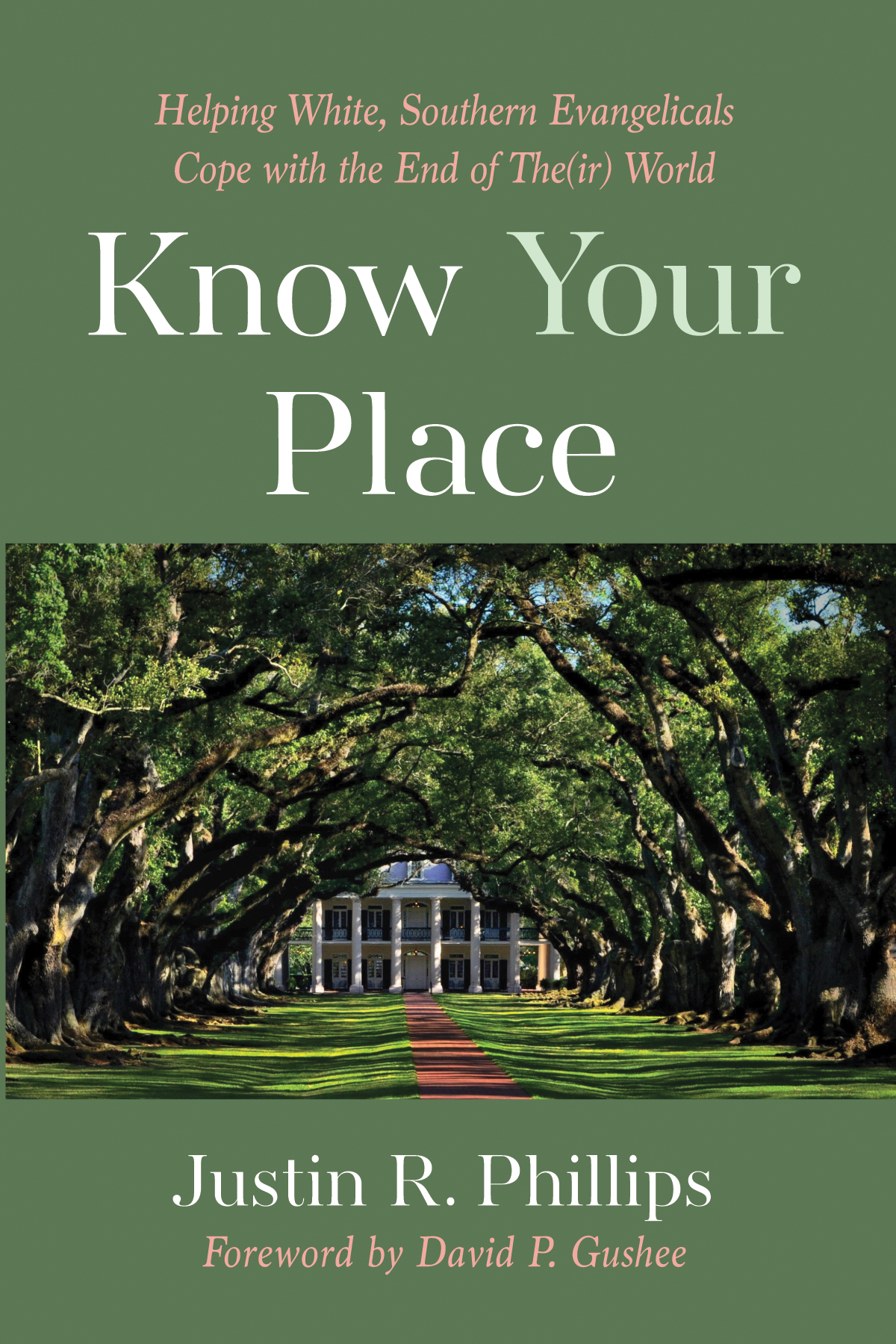Foreword
I am David Gushee, whom Justin Phillips describes in this book as a promising, late-thirties southpaw reliever as of 1999 . I wish to begin by saying that I remain a promising southpaw reliever, still wearing # and still looking for work in professional baseball as I have since 1984 .
But enough about that. To the work at hand.
We live in an apocalyptic time.
I do not just mean that we live in a time in which fires consume the West Coast, protests wrack our cities, gun-toting paramilitaries go looking for trouble, and the US president threatens (as I write) not to honor the results of the 2020 presidential election.
I mean to retrieve the Greek term transliterated apokalypsis , which is where we get the word apocalyptic. That term means unveiling. This is helpful to know. It means something like this: to say that the book of Revelation is an apocalyptic work is to say not just thats theres lots of blood and chaos, but that the book purports to unveil the spiritual realities behind the blood and chaos.
Many of usthat is, the white, southern, (ex-?) evangelicals that Justin Phillips describes and addresses in this bookhave experienced recent years as an unveiling of the toxic elements in our little subculture. For decades we sat fairly easily with our whiteness, southernness, and evangelicalism. Usually also with our maleness and straightness, for that matter. But now we are discovering that all is not well; indeed, all is not at all well.
It is not the case that we lacked resources to get to this unveiling before, say, 2016 . Justin Phillips, David Gushee, and many others of us had access to plenty of church leaders, theologians, historians, and regular folk who long ago were saying that white southern evangelicalism was, in one of Justins most striking phrases here, a decaying body housing a legion of demonic spirits. But it seems to have taken the election of Donald Trump and the slobbering deference (another priceless phrase in this book) of many white southern evangelicals to this man to unveil the sickness in a way that we could not miss and that we now find urgent to understand and repent.
I am so glad that the clever student I first met over two decades ago has now come out with this book, which I can only describe as #fire. Writing from ruby-red east Tennessee, with a background in blood-red west Tennessee, Justin Phillips tells the truth about whiteness, southernness, and evangelicalism as it exists in this region.
Justin is an affectionate observer, not a scold. He is a great storyteller. He can write about music, sports, Christian schools, church, or theology with equal skill. There are times that if you know this region you will laugh out loud, embarrassing yourself before whomever you happen to be around. The book oozes home-folks familiarity and great warmth. Justin loves this region and this people.
But make no mistake, this is a plea for repentance. Justin Phillips has seen enough to know that repentance is needed. He makes clear that if we want to be followers of Jesus, we are going to need to unfollow much of the way of life white Christian folk have built here over many centuries.
I understand that this book began as more of a bridge-building exercise. It was a hey, white Christian teenagers like many I have taught here, I wonder if you might be able to consider this non-Fox News perspective on some things you think you are sure about. That might have been a helpful book, but I dont think it is this book. Nor do I think it is what is most needed in this time. Instead, Justin Phillips makes his own contribution to the unveiling of hard truth in this apocalyptic time. And I am glad.
David P. Gushee
Atlanta, Georgia
September , 2020
Acknowledgments
T his book began as my dissertation, which was shepherded by Glen Stassen. I wish he was here to see this completed project. David Gushee, my mentor and friend, has walked with me since my undergraduate days, supported my efforts to find my voice and to use it for the Kingdom. Following Glen and Davids lead, I wrote this book for my students, past and present, whose questions, concerns, fears and hopes shaped every chapter.
Ive enjoyed a beautiful community of friends who encouraged me to write: Jay Watson, Kyle Wiltshire, John Carroll, Jack King, and Patrick King have patiently listened to me muse or rant for a couple of decades. Im indebted to so many who talked me through the publishing process or just how to be courageous, including Reggie Williams, Bethany McKinney-Fox, James Love, Lisa Yebuah, Lanecia Rouse Tinsley, Ciona Rouse, Devin Maddox, Chad Eggleston, and the Justice League Keith Bates, Micah Watson, and Scott Huelin. A huge word of thanks to those who read parts of this work at various stages, including Landon Preston, Luke Pruett, Clayton Sanderson, Mark Jenkins, Annie Laurie Walters, Zac Settle, and Andrew Smith. Eric Mintons early editorial eye and timely words of often-hilarious encouragement were invaluable. Thanks, as well, to Chris Spinks and everyone at Cascade for getting this project over the finish line.
My talented sister Sarah read drafts, designed my website, and has supported my work for so many years. Im so grateful for your friendship. To Mom and Dad, who sparked in me the first love of justice and neighbor, I hope youll put this one up on your refrigerator, too.
I finished this book during the COVID- lockdown with my wife, Erin, working near me every day in our living room. Our apartment repaired the roof that summer, and a chain of trash cans was linked together, running down outside our window, in order to send refuse through the chute into the below dumpsters. If ever there was an apt metaphor for 2020 it is being trapped in a confined space, uncertain about the future, while trash rains down upon you from above. And yet, to spend such time with you, Erin, is my comfort and bliss.
Introduction
M y Grandpa Buck and I didnt share much in common other than DNA and a lot of mutual love. He was a quiet man like many in the greatest generation who experienced multiple wars. A career in the army took Buck from a life of poverty in rural West Tennessee, sent him to foreign shores for three wars, and laid the foundation for a good life. Never one consumed by adventure or ambition, he returned home from each war to his wife and seven children. After retirement, he had little businesses here and there, and for the most part I think he just wanted to keep intact what he had pieced together during and following the conflicts. He wanted his children to have it better than he did. Nothing extravagant or anything flashy, just a peaceful, prosperous life, and because of him and my grandmother, my parents ensured that I would grow up a child of the middle class, neither knowing the taste of silver spoons nor of nightly hunger.
Buck and I shared a love of silence. Long, uninterrupted silence, which might explain the reason I pursued the academic life. You could never keep Buck talking for too long. While Im never certain that my grandfather understood the appeal of my work, I know that he was proud of me because he constantly told me so. Im reminded of John Adamss words to his wife Abigail that sum up my grandfathers life: I must study Politicks and War that my sons may have liberty to study Mathematicks and Philosophy. So it came to pass for the Phillips clan.


